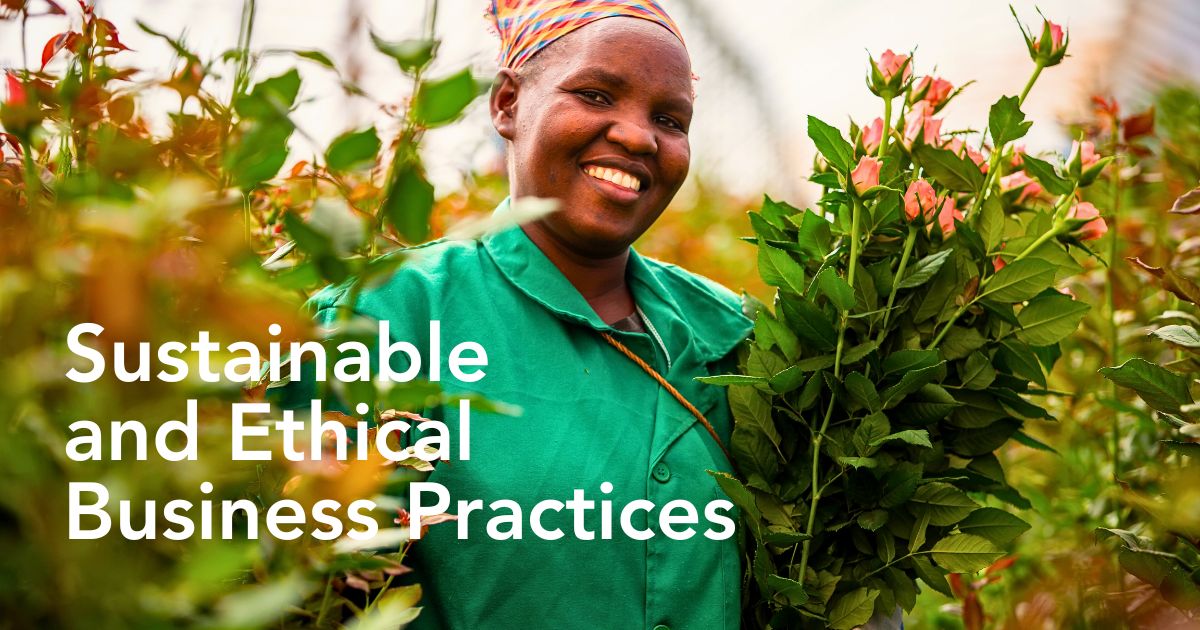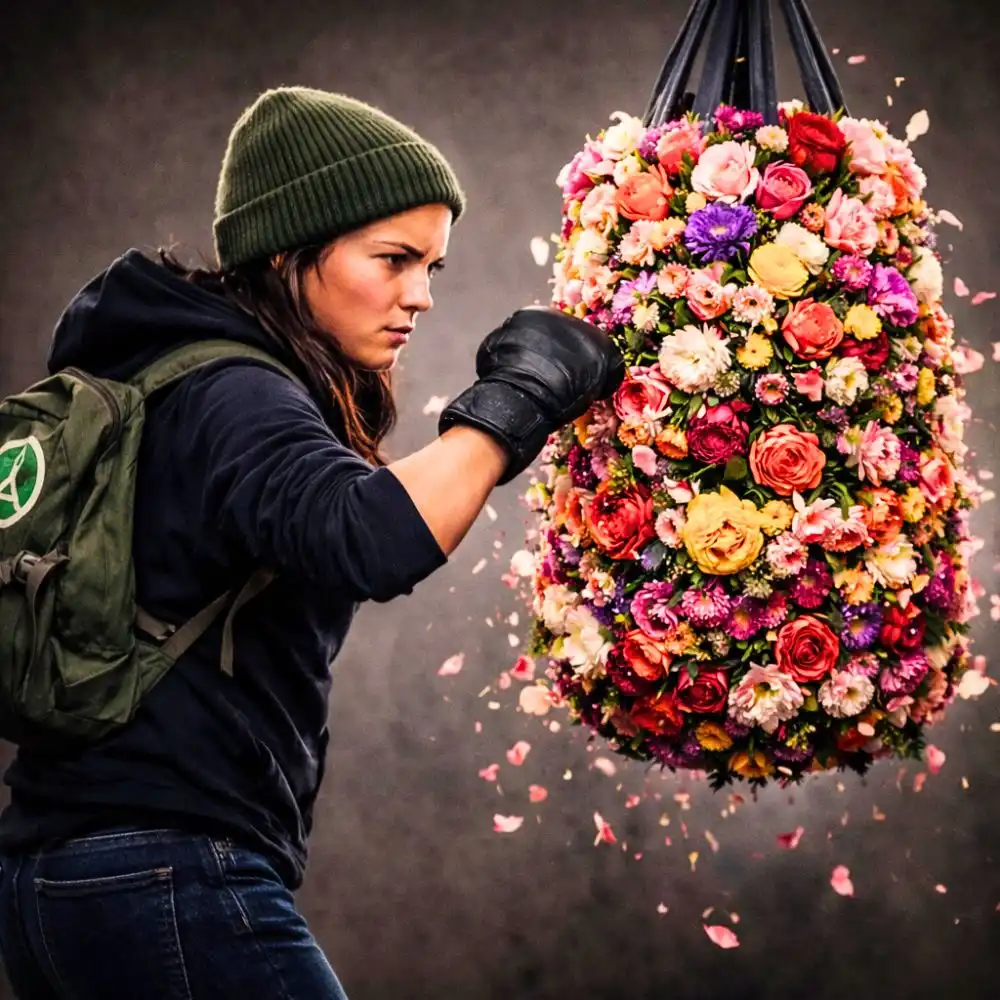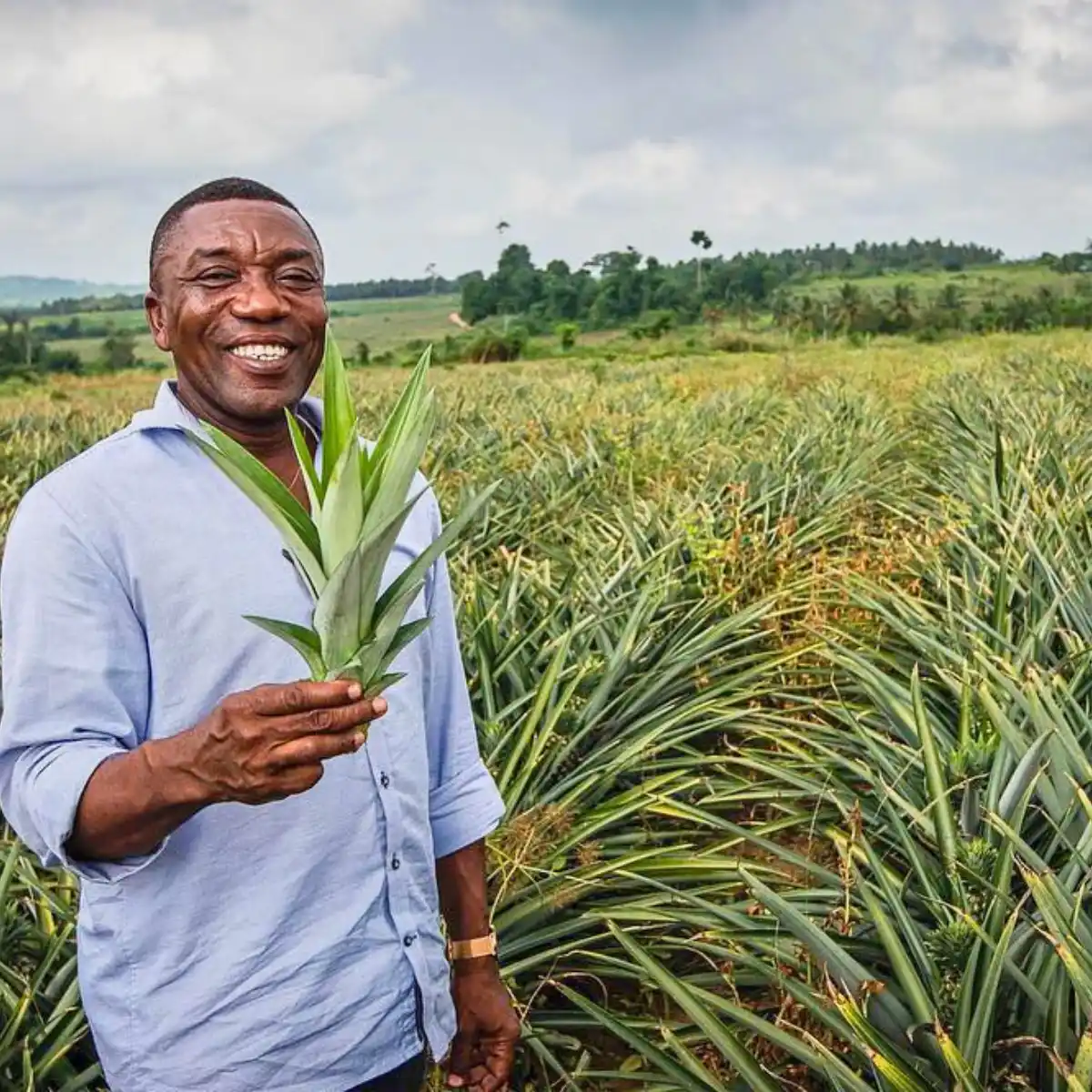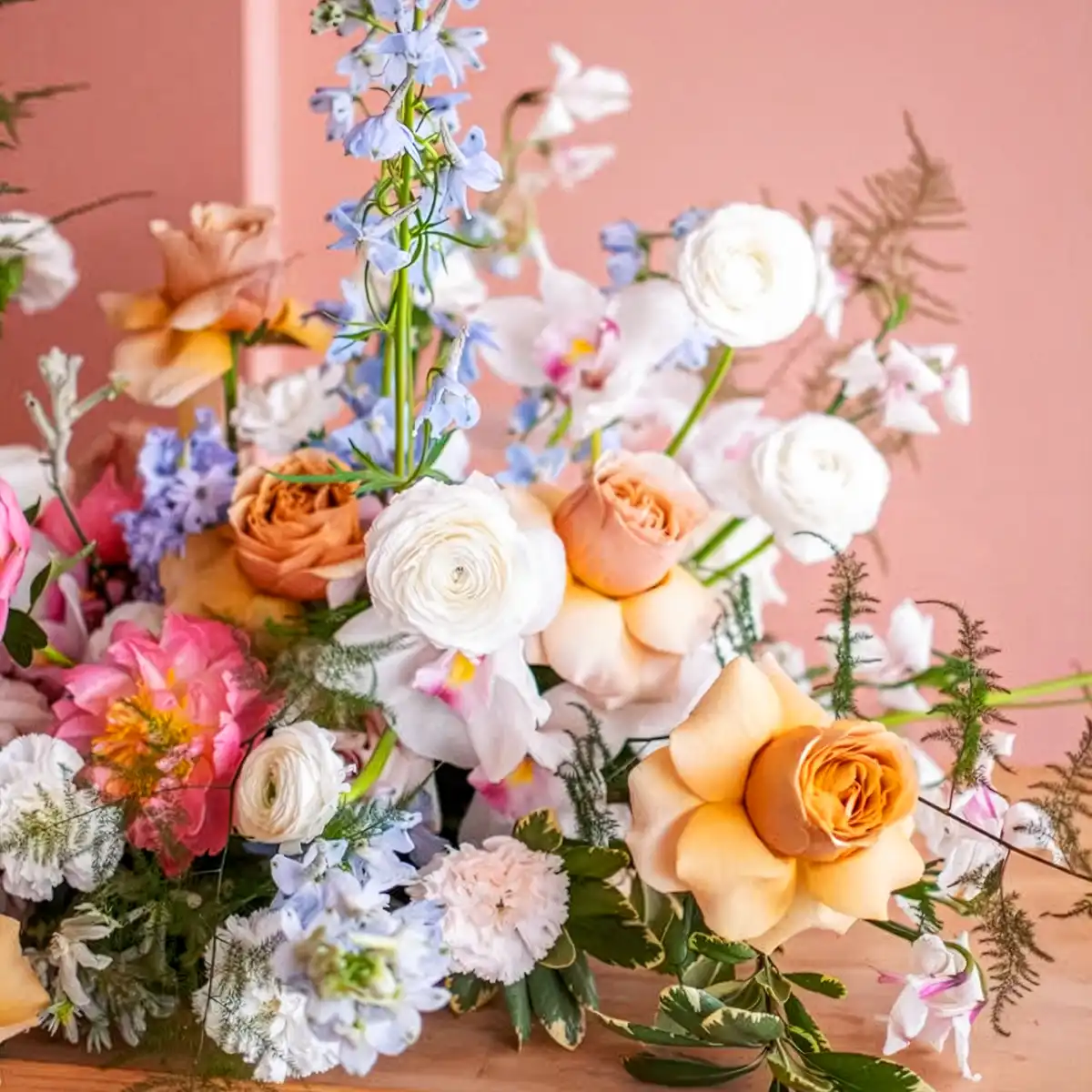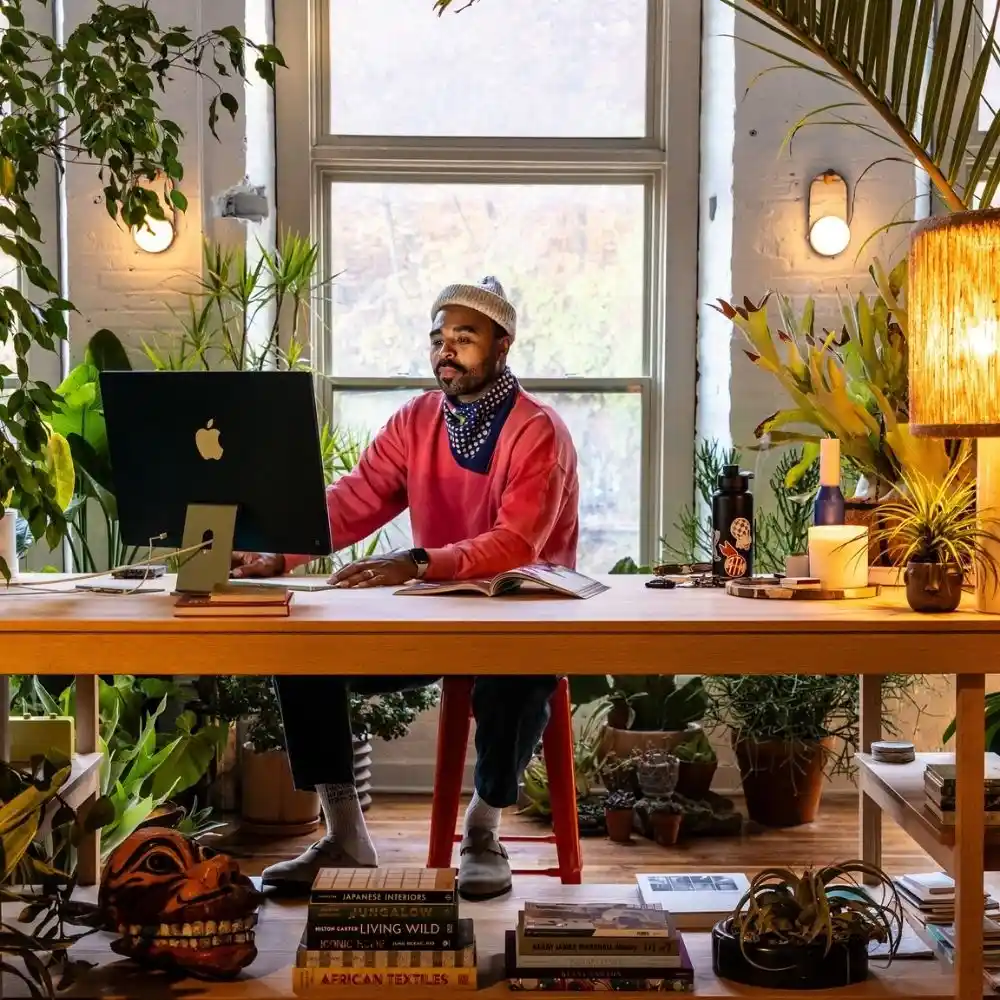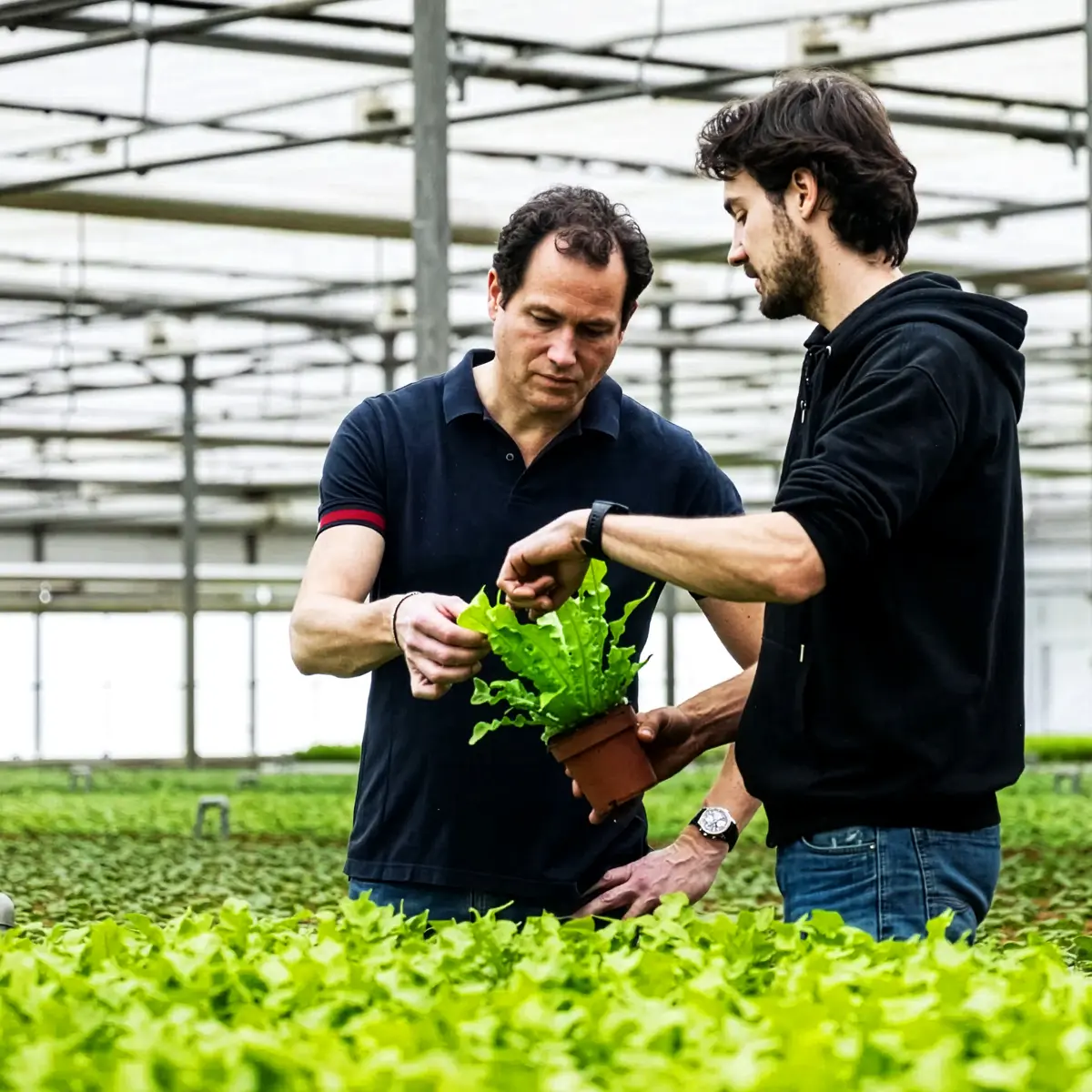Flower sourcing is often a daunting task, but The Flower Hub has put in all it takes to make this process as seamless as it can be. With two decades of operation, this Nairobi-based floral outfit recently achieved a significant milestone, becoming a Certified B Corporation—joining a group of businesses certified by B Lab™—meeting high standards of social and environmental performance, transparency, and accountability.
Essentially, B Corps are businesses that aim to balance profit with purpose, considering the impact of their decisions and impacts on all stakeholders, not just shareholders. For The Flower Hub, this achievement is not just a corporate milestone. It also demonstrates their commitment to sustainable and ethical business practices in an industry that supplies some of the world's most beautiful flowers and ornamentals.
Introducing the Flower Hub
The Flower Hub works as a premium global flower supplier specializing in sourcing the finest flowers from Kenya's best farms. The enterprise has the reputation of making the complex process of sourcing flowers from multiple growers effortless for its international clients. They operate as the essential bridge between the farms in Kenya and the bustling flower auctions, wholesalers, retailers, and event companies. They are an integrated supply-chain partner, selecting flowers from at least 75 Kenyan growers and delivering them directly to depots in markets like the EU, Japan, the Middle East, and North America.
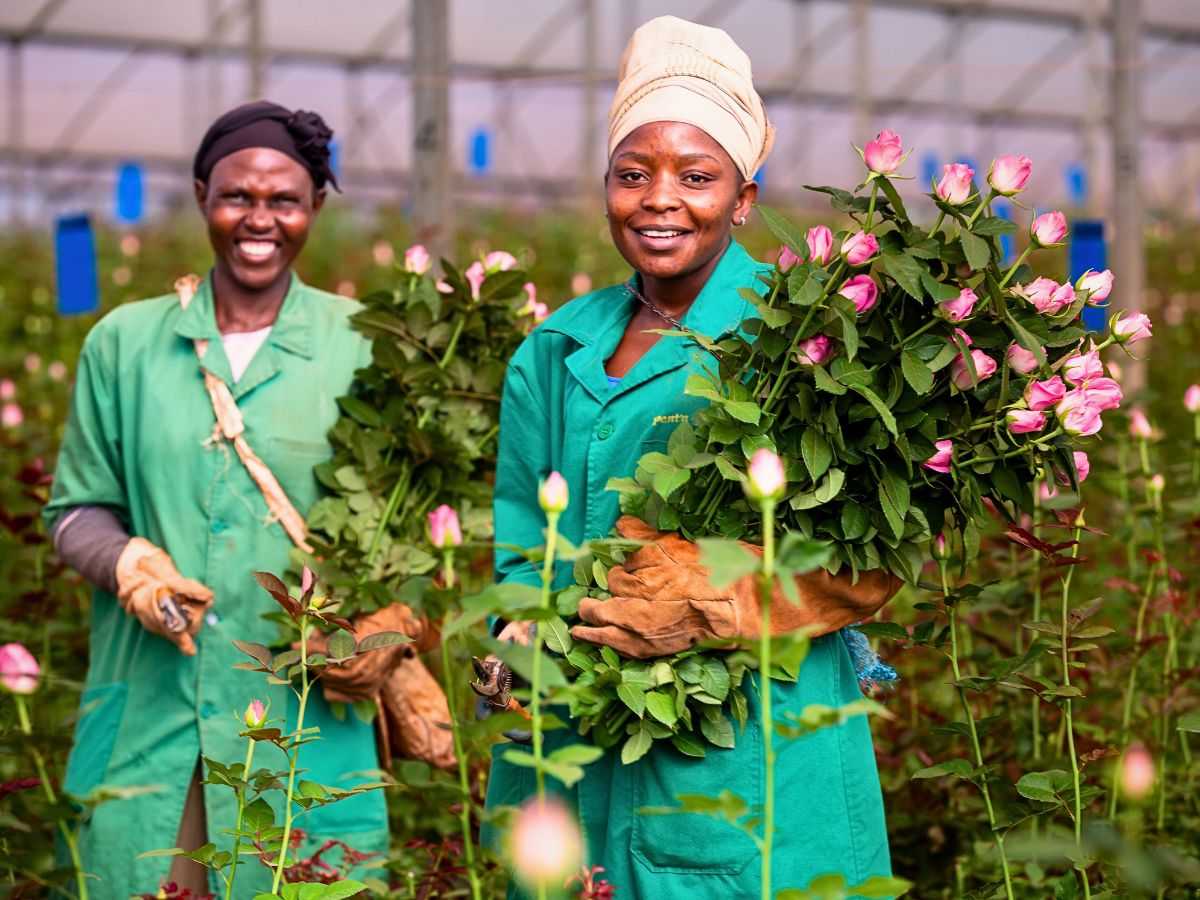
Their supply chain approach and focus on being an outfit keen on advancing the good of both the planet and people guarantee that customers and consumers enjoy the most beautiful flowers in peak condition throughout the year. Still, yet, The Flower Hub's uniqueness in the competitive floriculture market is driven by a comprehensive approach to flower sourcing and distribution. Rather than operating as a traditional middleman, they have placed themselves as quality curators who carefully select and quality-check flowers from different Kenyan growers. This means less hassle for clients and more time for them to focus on delivering exceptional floral products.
Moreover, their business model centers on responsible sourcing practices that respect both the environment in which flowers are grown and the dedicated people who cultivate them. Basically, the initiative believes that the most impactful way to drive positive change is by creating and nurturing connections, sparking meaningful conversations, and providing committed support to their flower farming partners. These ideals have enabled them to create a shared space for collaboration and growth that bridges the gap between customers and farms.
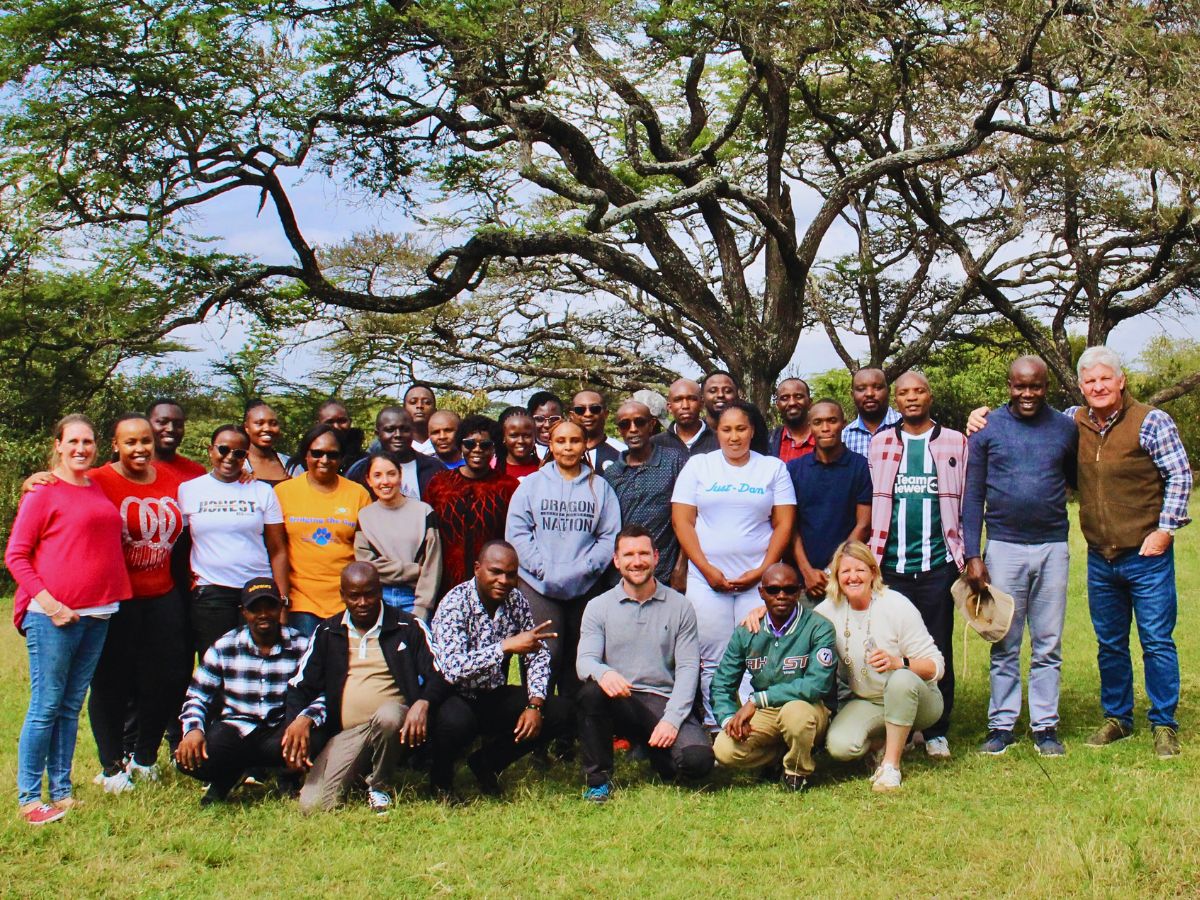
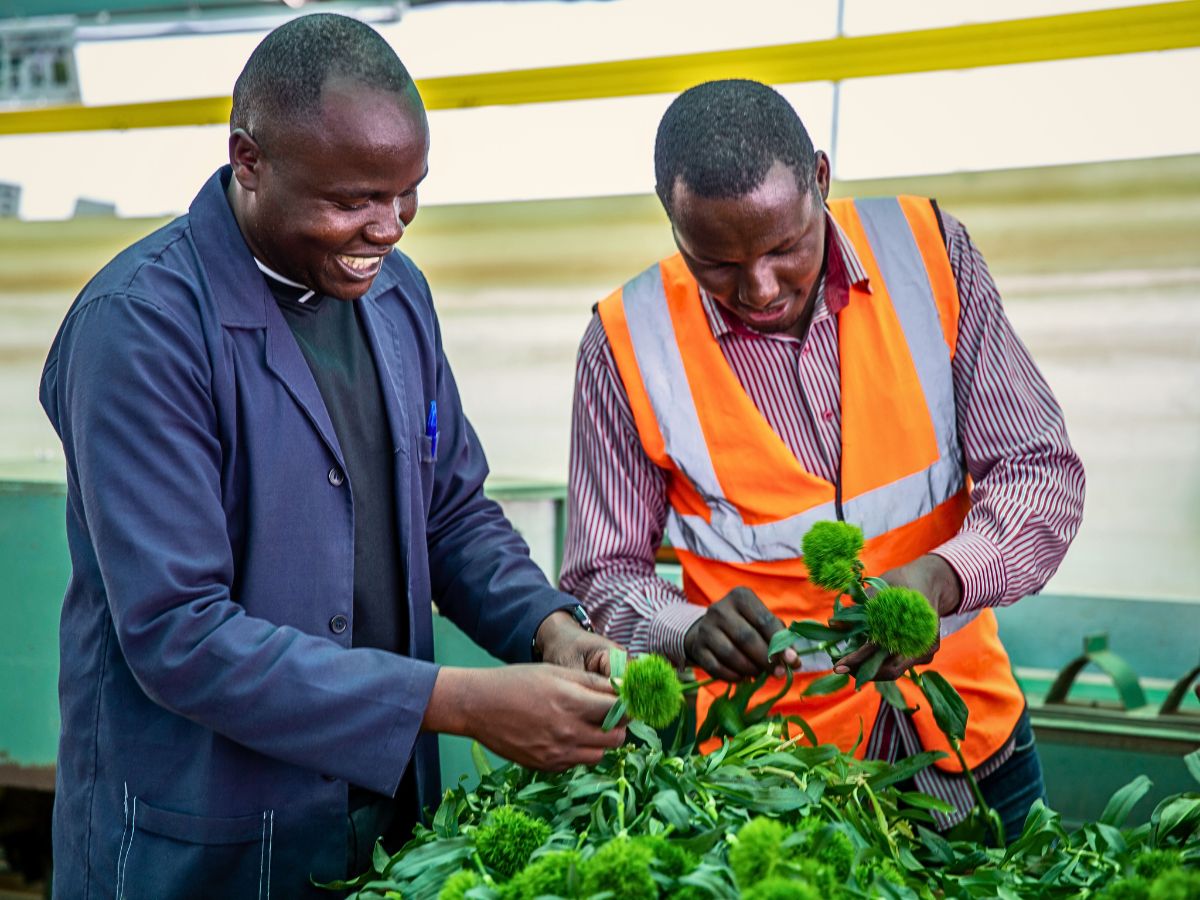
As part of their commitment to sustainability, The Flower Hub is an active member of the Floriculture Sustainability Initiative (FSI), a market-driven initiative bringing together members of the international floriculture sector to promote responsible production and trade. The FSI operates through a comprehensive ‘Basket of Standards’ that includes benchmarked criteria for good agricultural practices, social practices, and environmental practices. Previously, The Flower Hub also focused on shortening supply chains to minimize carbon footprints. Having achieved up to 85% responsibly sourced operations, they are now on target to reach 90% by the end of 2025.
Working Within Kenya’s Floriculture Landscape
To understand The Flower Hub's significance, it is essential to appreciate Kenya's position in the global flower industry. The country is one of the world's leading flower producers, with its floriculture industry covering up to 5,000 hectares dedicated to flower cultivation. Kenya supplies more than 40% of the market in Europe, with the vast majority of flowers destined for the Netherlands, which is the hub for European floral distribution.
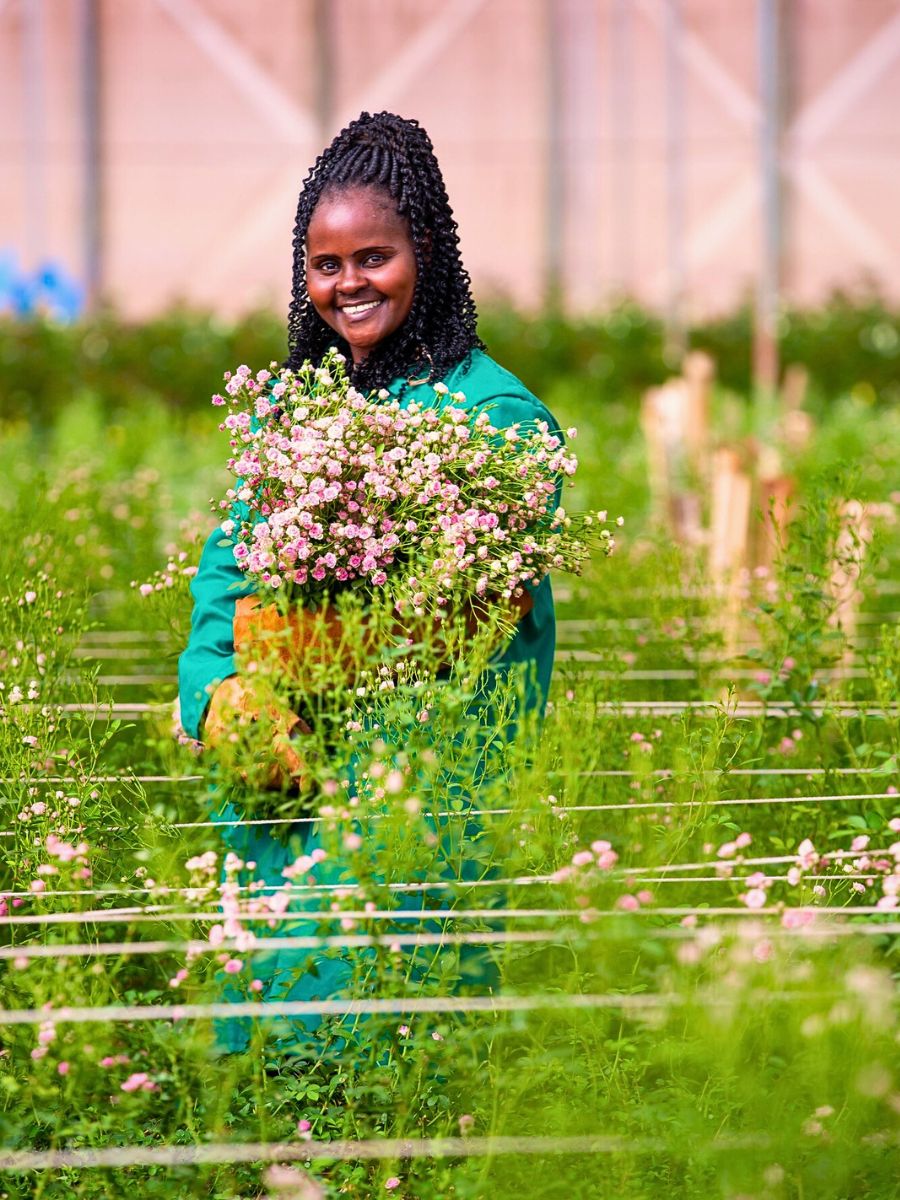
The East African country’s success in floriculture is particularly due to its ideal tropical climatic conditions, among other factors, all of which make it exceptionally favorable for growing flowers year-round. The industry provides direct employment opportunities to approximately 150,000 people, with the vast majority being women, and indirectly supports over 2 million livelihoods. Its main flower production areas are concentrated around Lake Naivasha, Mt. Kenya, Nairobi, Thika, Kiambu, Athi River, Kitale, Nakuru, Kericho, Nyandarua, Trans Nzoia, Uasin Gichu, and Eastern Kenya.
In all these regions, The Flower Hub works closely with carefully selected Kenyan growers who share their view of sustainable and ethical floriculture practices. Their partnerships focus not just on simple commercial transactions but also on comprehensive support systems that help growers improve their operations while maintaining the highest quality standards, which ensures that flowers not only meet international quality standards but are also produced under conditions that prioritize worker welfare and environmental management.
The Flower Hub's network contains growers who prioritize sustainable cultivation, eco-conscious growing practices, and ethical labor practices; working with flower farms that practice regenerative horticulture—crop rotation, on-site composting, vermiculture, and integrated pest management—to nurture soil health and biodiversity, alongside other sustainable practices.
In turn, this enterprise has managed to build a supply chain that guarantees both compliance and sustainable floriculture, in line with the broader FSI's mission to have 90% of traded flowers and plants originate from responsible sources. Notably, they also hold the GlobalGAP Chain of Custody certification. But, still, they aim higher.
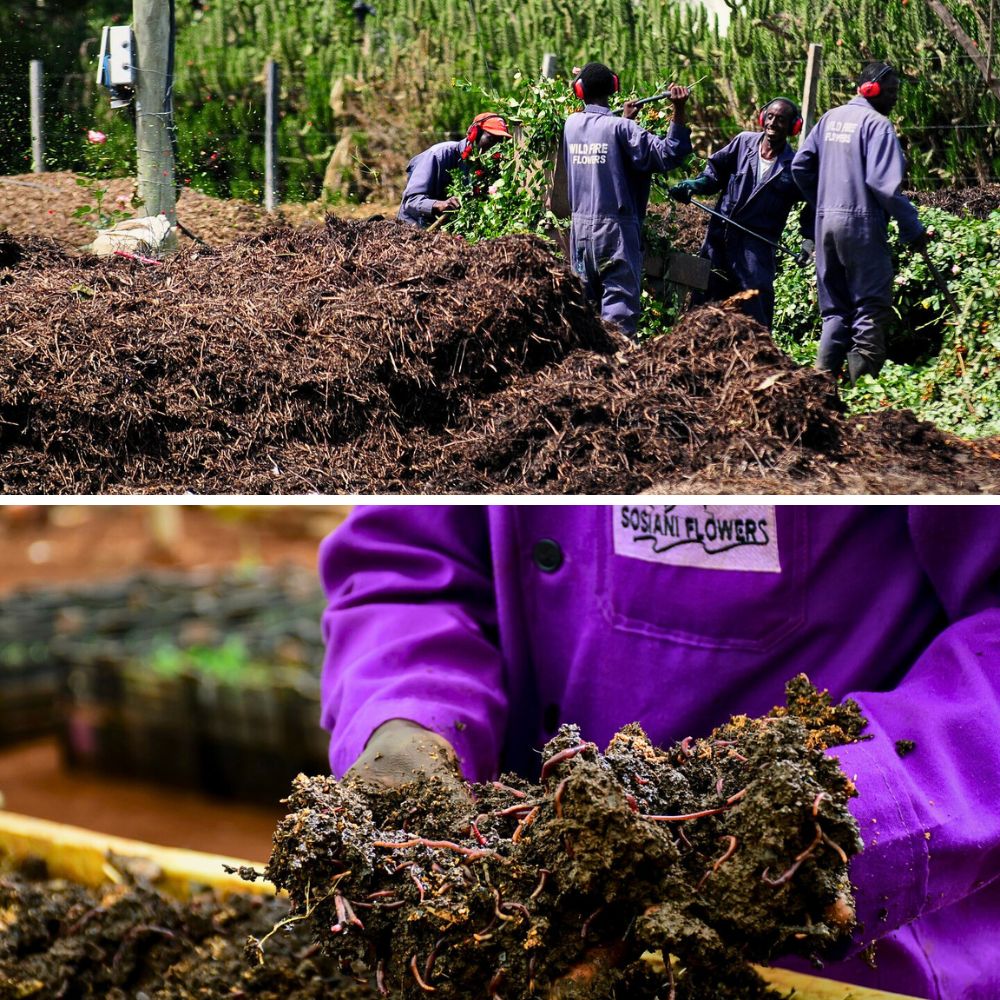
The Flower Hub’s B Corporation Certification
The Flower Hub's attainment of Certified B Corporation status is the result of a demanding, multi-step evaluation process that examines a company's entire social, environmental, and governance footprint. B Corporation certification, as noted, is administered by B Lab™, which measures businesses' social and environmental performance against stringent standards of sustainability and transparency. To become a Certified B Corporation, an organization must meet several demanding requirements.
First, they must make evident high social and environmental performance by achieving a B Impact Assessment score of 80 points or above out of a possible 200 points. This assessment evaluates companies across five key impact areas: governance, workers, community, environment, and customers. The Flower Hub underwent this comprehensive evaluation, providing extensive documentation to prove their social and environmental performance, covering everything from energy use and waste management to worker benefits and community engagement.
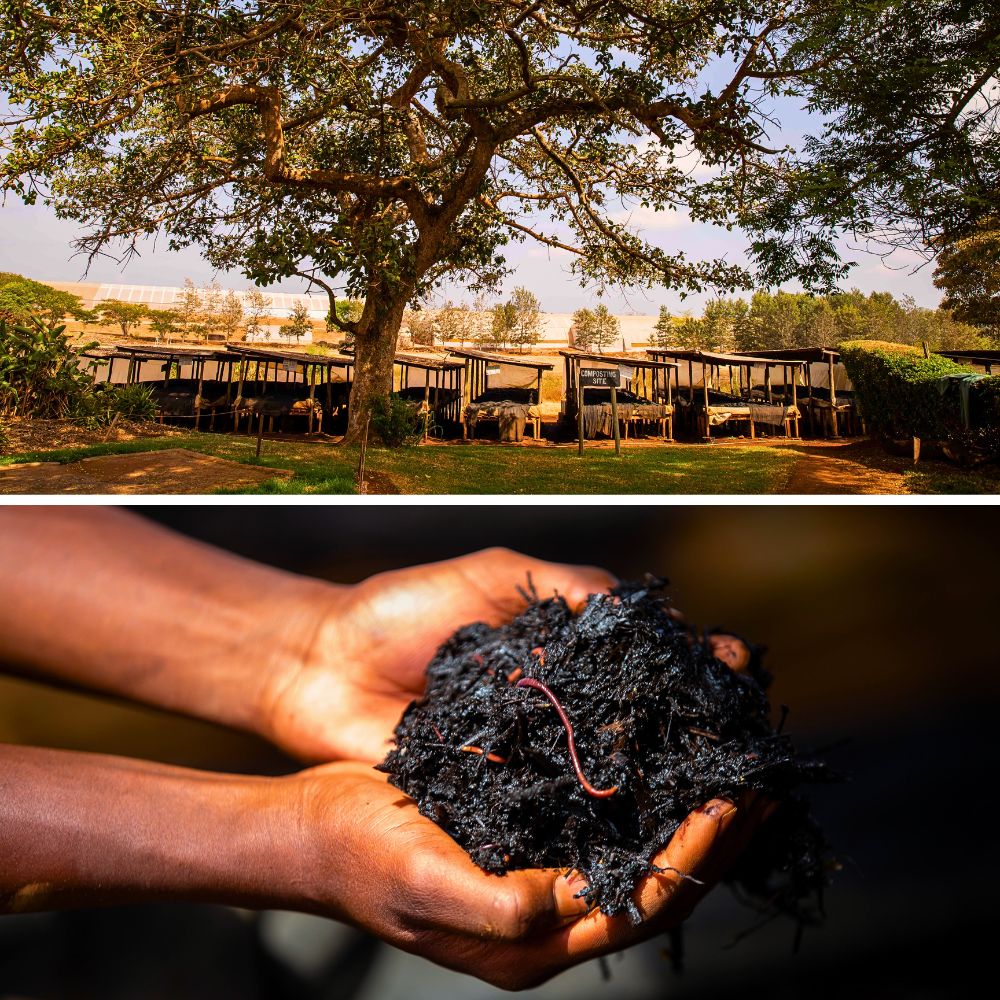
The certification process typically takes six to eight months for small to mid-sized companies, though it can extend to twelve months or more for complex organizations. Businesses must also make a legal commitment by changing their corporate governance structure to be accountable to all participants, not just shareholders. Additionally, they must show transparency by allowing information about their performance to be publicly available on their B Corp profile.
The Flower Hub successfully navigated this rigorous process, going through an independent review by B Lab to verify its statements and ensure it met the minimum verified score, while also committing to a three-year recertification cycle, during which they continue to improve their practices and maintain transparency.
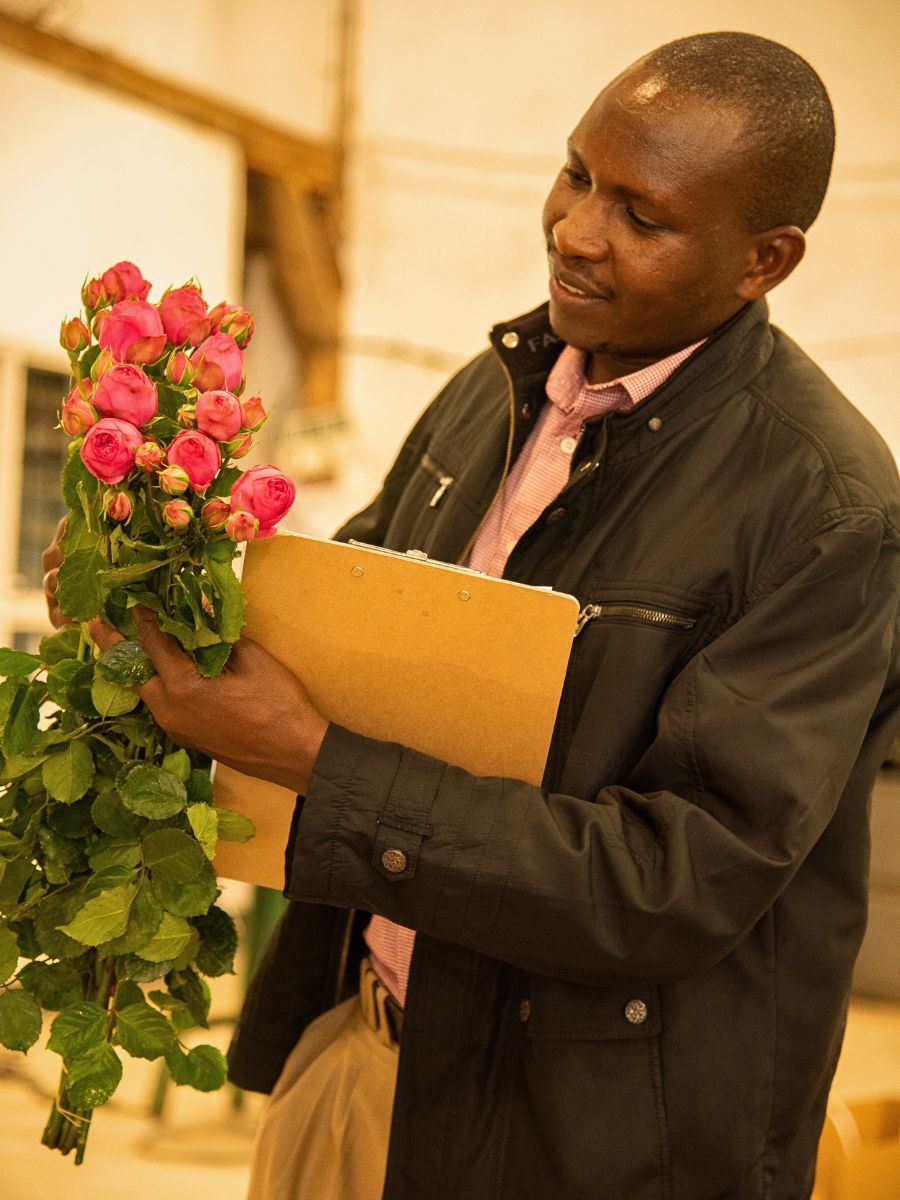
Why the B Corporation Status Matters
Achieving the B Corporation certification carries great significance for both The Flower Hub and the wider floriculture industry. Flowers are ephemeral, but their conventional supply chain’s impact lingers long after: chemical runoff, sometimes unfair labor practices, emissions, and others. But The Flower Hub challenges this legacy. Their B Corp status indicates that efficiency and ethics can coexist in the industry. When they prioritize farm-level composting, regenerative floriculture practices, or eco-conscious packaging, they show that floral beauty need not come at the planet’s expense.
Thus, for The Flower Hub, this certification, which demonstrates the highest verified standards of social and ecological performance, transparency, and legal accountability, is a validation of their established focus on doing business that prioritizes the betterment of the people, communities, and the planet.
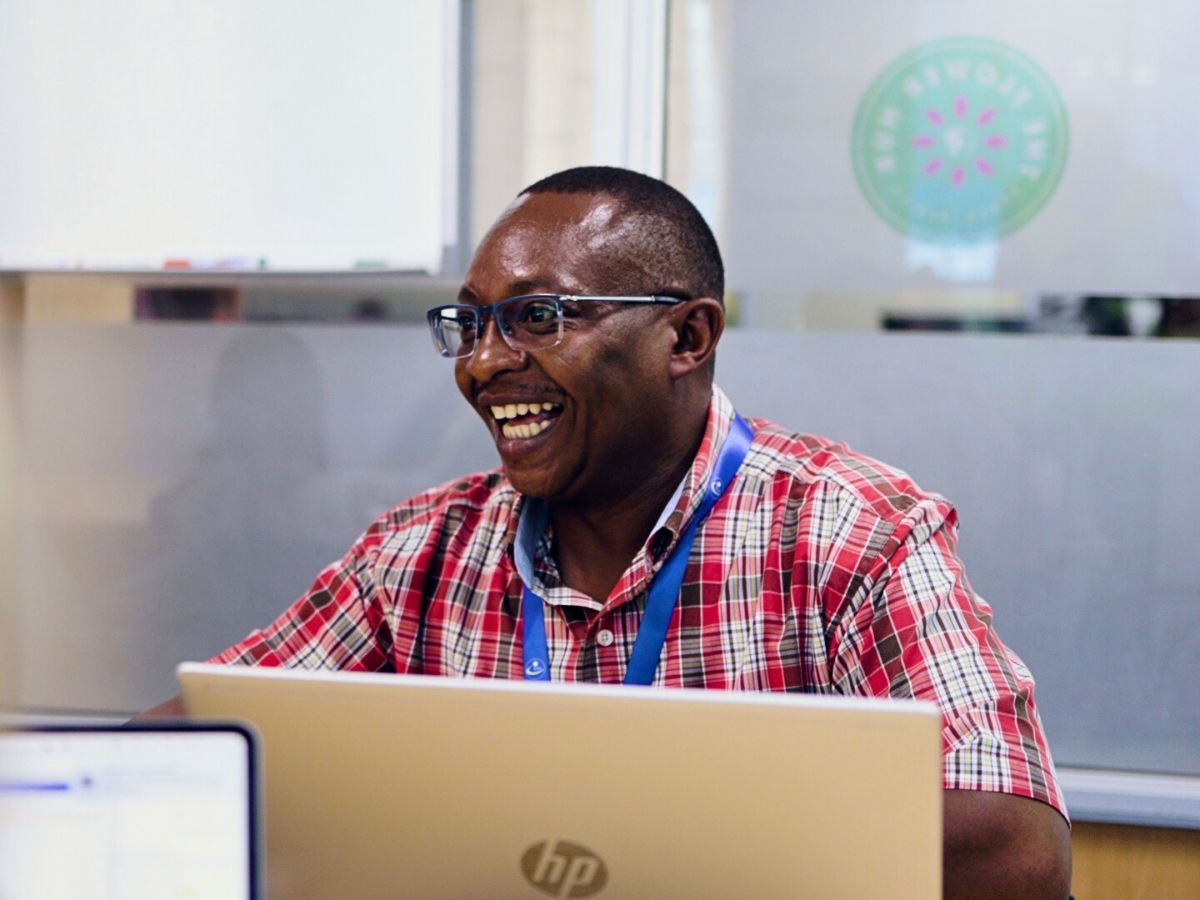
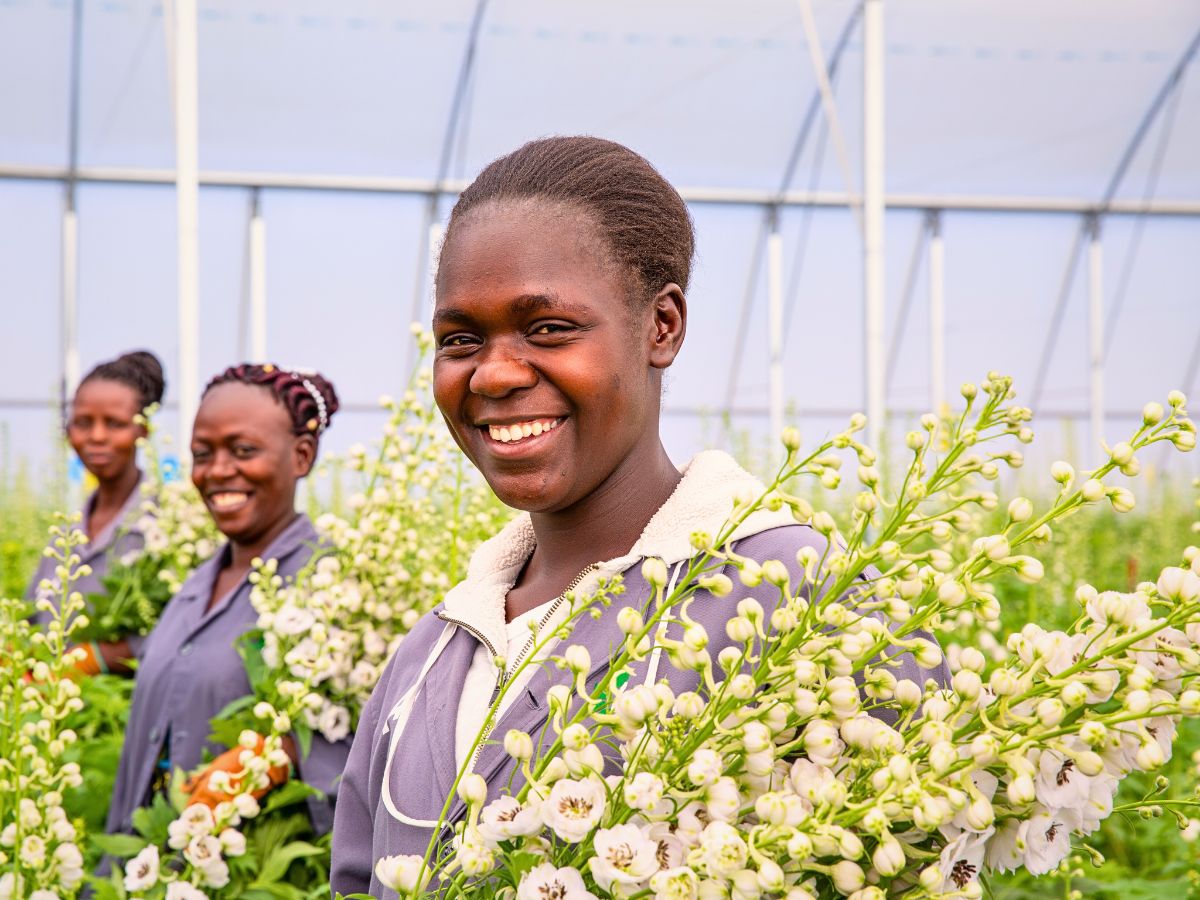
And, it goes past just recognition. Research shows that B Corps outperform their peers across several metrics, including faster annual growth in revenue and staff headcount, more robust stakeholder governance, stronger economic resilience, and higher importance placed on environmental footprint. Studies indicate that from 2019 to 2021, B Corps were more likely to grow their revenue and their headcounts, and they showed greater resilience, with many remaining in business longer compared to non-B Corp businesses.
Moreover, the B Corporation certification also provides significant advantages in attracting and retaining talent. Purpose-driven companies often enjoy higher levels of worker satisfaction and retention, as employees increasingly want to work for those companies that align with their values. The certification, likewise, helps build trust with consumers, communities, and suppliers, while attracting investors who support mission-driven businesses.
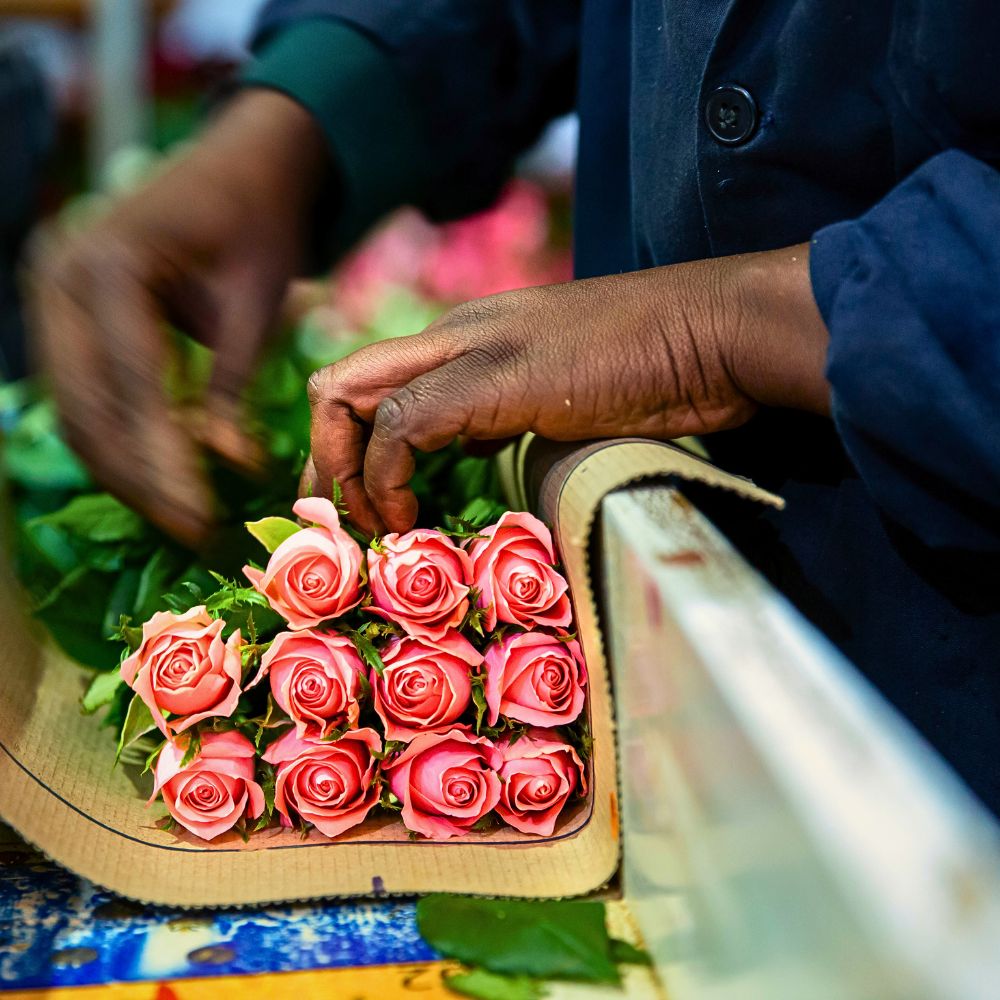
The Flower Hub's achievement of B Corporation status, therefore, places them among a global community of more than 8,000 businesses worldwide across 96 countries and 160+ industries, all working to transform the global economy into one that benefits all individuals, societies, and the planet. In the floriculture sector specifically, this certification is mostly significant as it means that sustainable and ethical practices can successfully be implemented throughout international supply chains.
The certification, further, aligns perfectly with broader industry trends toward sustainability and responsible sourcing. As widely known in the floriculture circles, the FSI, of which The Flower Hub is a member, has, through its ‘Basket of Standards’, set ambitious goals for the sector, all intended to guarantee responsible production and sourcing.
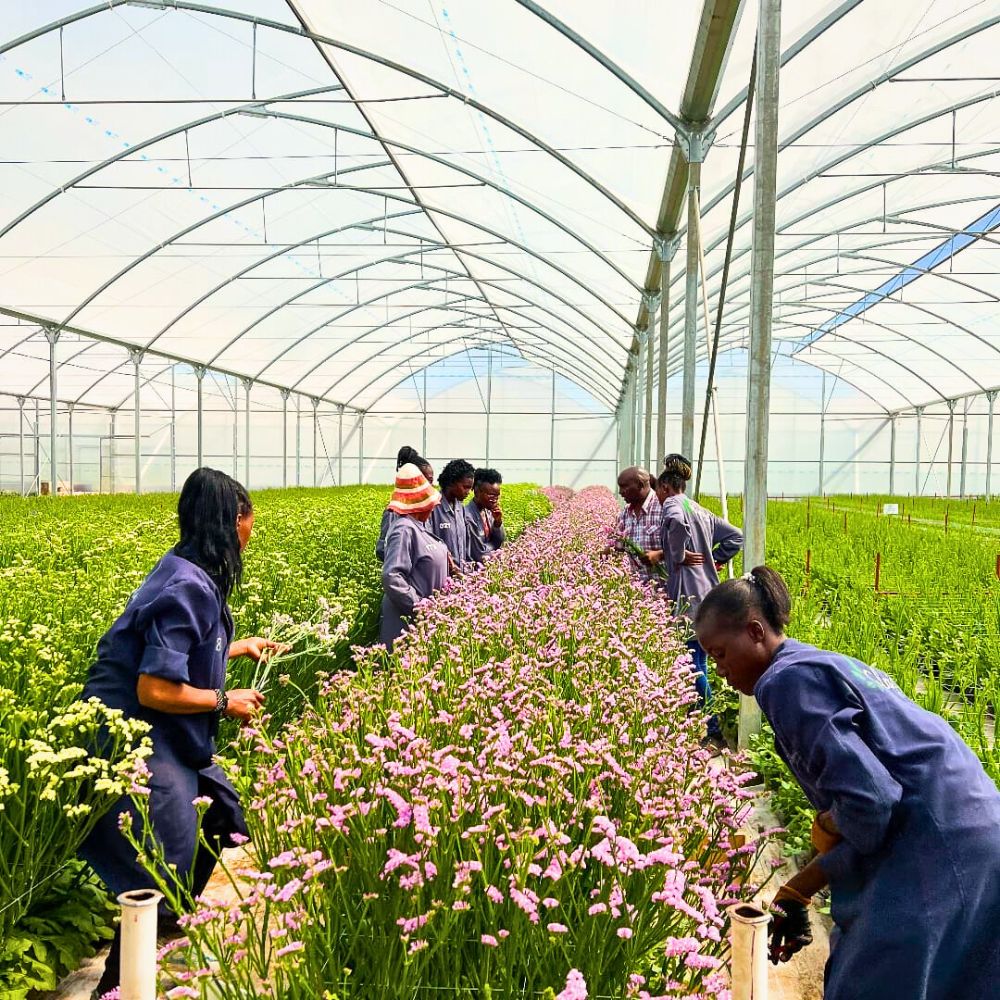
Yet, with the current trend where consumers are increasingly conscious of the social and environmental impact of their floral purchases, enterprises like The Flower Hub have the advantage of easily meeting the growing demand for sustainably sourced products, with the B Corporation framework providing a credible, verified way to communicate these sustainability-driven obligations to consumers and business partners.
Photos by Sala Lewis and @theflowerhubkenya.

